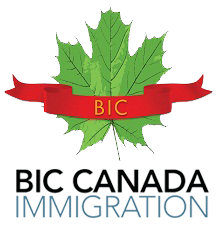Speaking notes for the Honourable John McCallum, P.C., M.P., Minister of Immigration, Refugees and Citizenship at the Canadian Chamber of Commerce in Manila, Philippines
I’d like to first of all just say something about our Ambassador. I am privileged, Mr. Ambassador, to be the last Minister to visit the Philippines in your three-year term. And I do congratulate the Ambassador, who has served under Trudeau one way back in ’83, to Trudeau two just recently. And you said no Minister has been to the Philippines since the new government. That’s true if you don’t count the Prime Minister as a Minister. But I think he did have a very successful visit here as well. So I thank you, Ambassador, for your great service not only to the Philippines but to Canada. So thank you very much.
